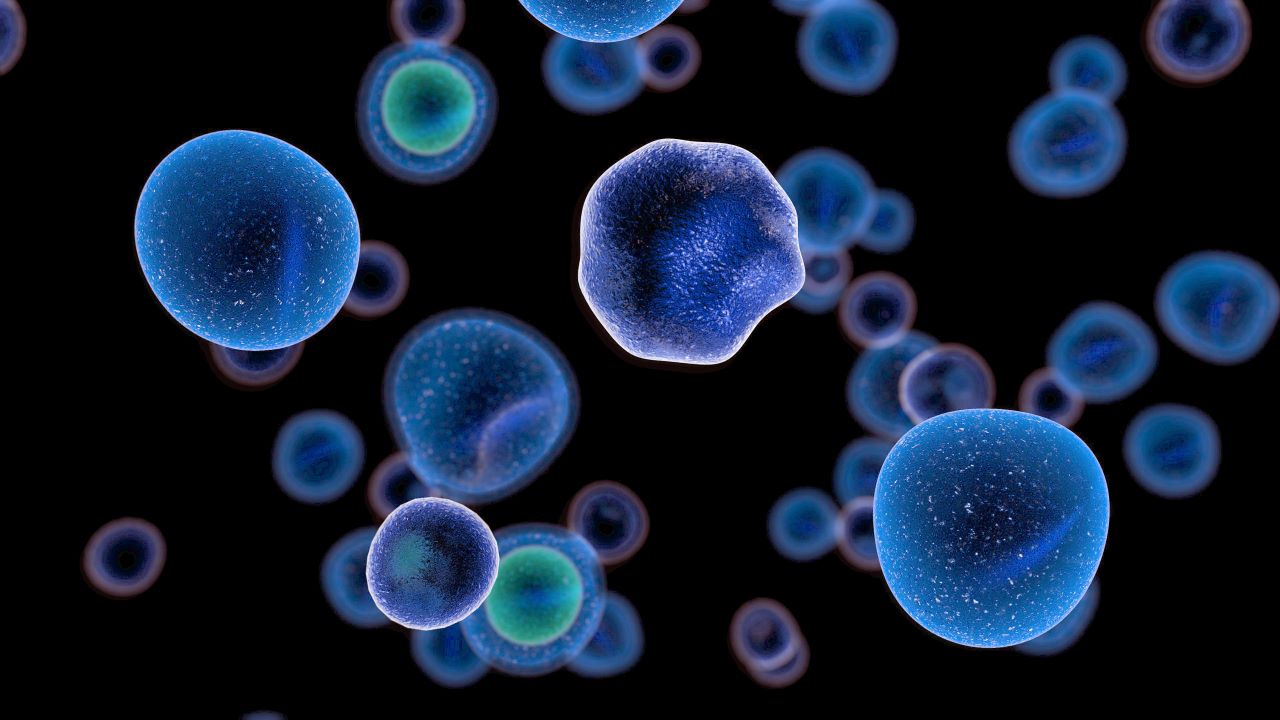On 2 May 2023, Immatics provided an interim update on cohort A of its Phase Ib dose-expansion trial evaluating its leading T-cell receptor-based therapy (TCR-T) candidate IMA203, which targets the Preferentially Expressed Antigen in Melanoma (PRAME). IMA203 is being investigated as a monotherapy for patients with various solid tumours who have relapsed after, or are refractory to, multiple (ranging from 1 to 10) lines of therapy, and demonstrated encouraging response rates, durability, and safety in the 11 patients treated. This data represents considerable progress in the development of adoptive cell therapies (ACT) for the treatment of solid cancers. At a dose of up to nine billion modified CD8+ T cells, a confirmed objective response rate of 67% was observed across multiple tumour types while the median duration of response was not reached at a median follow-up time of 8.5 months. The safety data was equally encouraging with this therapy appearing to be well tolerated. Of note, there were no occurrences of immune effector cell-associated neurotoxicity syndrome or cytokine release syndrome above Grade 3.
The promising results with IMA203 could signify a breakthrough for cell therapies in solid tumour treatment as a whole. Acquired drug resistance and scarcity of tumour-specific effector T-cells in patients are examples of hurdles that limit the efficacy of immune checkpoint inhibitors (ICIs). Meanwhile, chimeric antigen receptor T-cell (CAR-T) therapies have seen limited potency in solid tumours due to target antigen availability and off-target toxicity. Commercially, CAR-T therapies are only currently marketed in haematological cancers. TCR-Ts could fill a gap in the immunotherapy market in the solid tumour space by offering the possibility of responses akin to CAR-T therapies in terms of efficacy and durability while having a superior safety profile. The best responders to IMA203 in the small cohort were patients with cutaneous and uveal melanoma, synovial sarcoma, and platinum-resistant ovarian cancer. These are likely to be the indications Immatics will focus on for the development of IMA203. The high PRAME prevalence (80%–95% positive) in these patients, and high PRAME density on tumours, should increase on-target effects and reduce off-target toxicity with this therapy. Currently, IMA203 is on track to become an early mover in the commercial TCR-T space, and could have a significant impact in those indications with limited therapeutic options in the relapsed/refractory setting, challenging drug classes in the later line of therapy such as PD-1 inhibitors (melanoma) and PARP inhibitors (ovarian cancer).
The clinical development of IMA203 is pushing in multiple directions. In another cohort, the safety of IMA203 in combination with Bristol Myers Squibb’s Opdivo (nivolumab) is being evaluated. A next-generation version, IMA203CD8, with added functional CD4+ T cells, is at the dose-finding stage in a third cohort. However, time is a priority for Immatics. Adaptimmune’s MAGE-A4-targeted TCR programmes afami-cel and ADP-A2M4CD8 are key near-peer competitors in this space with faster timelines. Afami-cel is expecting biologics licence application (BLA) completion by mid-2023 in synovial sarcoma while ADP-A2M4CD8 is dashing to a Phase II trial (SURPASS-3) to be initiated in 2023 in platinum-resistant ovarian cancer. For IMA203, data readouts on the current trial and a more detailed commercialisation roadmap can be expected from the company by the end of 2023, with a registrational Phase II trial on treating late-line cancers with high PRAME prevalence to be commenced in the first quarter of 2024.






